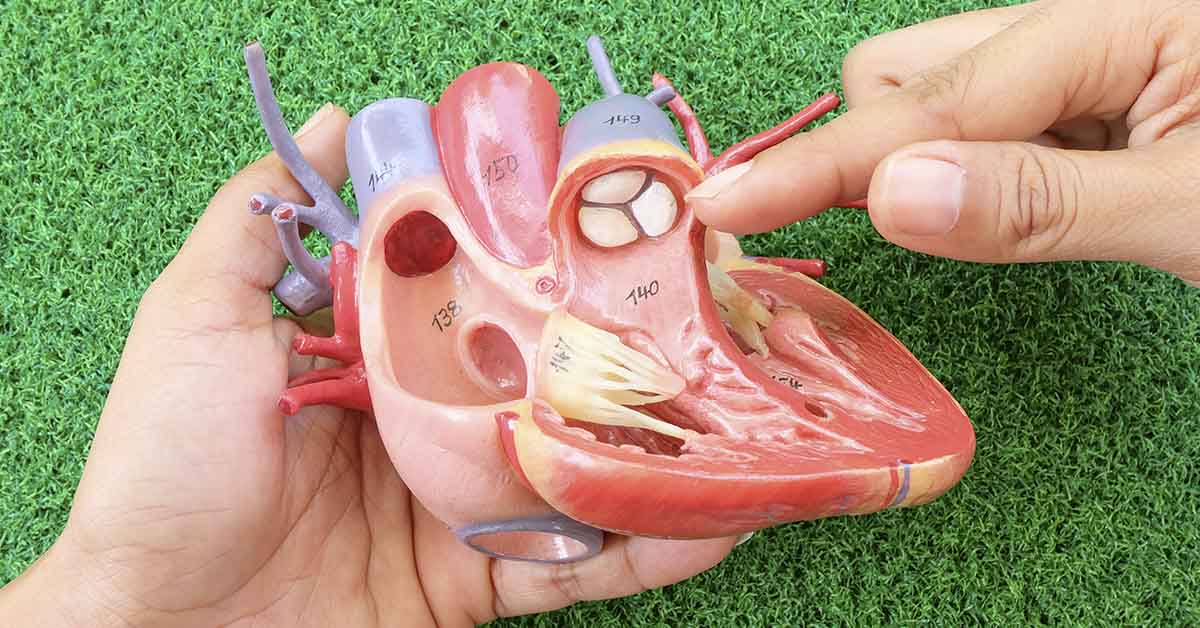You can’t have a healthy body without a healthy heart. Being the organ that pumps blood to every part of your body, a heart problem eventually means problems everywhere. Heart Valve Disease is a serious condition that can cause severe health problems. It is important to be aware of the symptoms and know how to treat it.
Read: Are Eggs Bad For Your Heart?
What Is Heart Valve Disease?
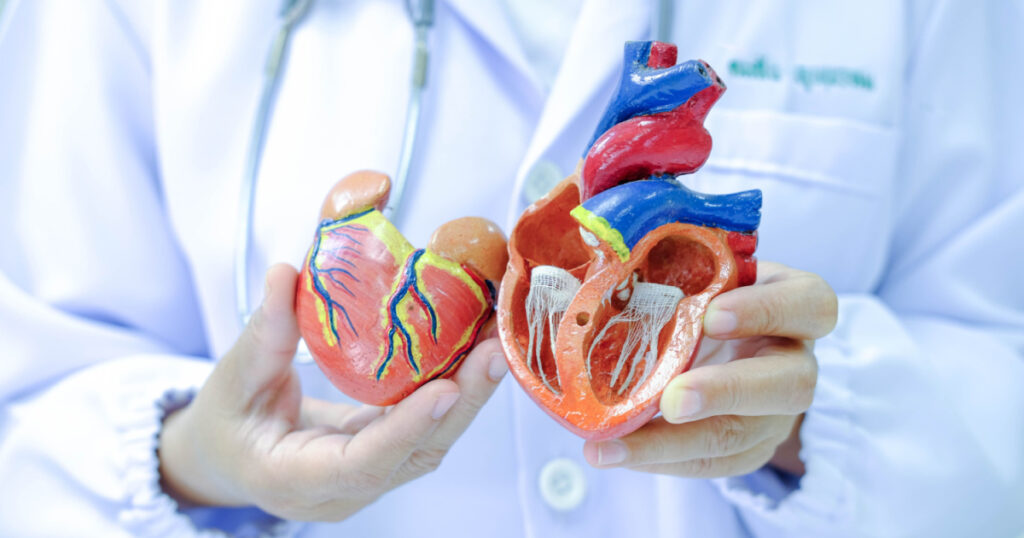
Heart Valve Disease (HVD) is a condition in which one or more of the heart’s valves don’t close properly, causing blood to leak back into the heart or lungs. Valves in the heart are designed to keep blood flowing in one direction only. When valves don’t close properly, blood can leak back through them and cause problems. Heart valve disease is most common in older people but can affect anyone. Heart valve disease can affect any of the four valves that separate your heart’s chambers from each other (1):
- Mitral – between the left atrium and left ventricle
- Aortic – between the left ventricle and aorta
- Pulmonary – between right atrium and right ventricle
- Tricuspid – between the right atrium and right ventricle
Read: Heart Attacks on Dramatic Rise for 25-44 Age Group
What Causes Heart Valve Disease?

A heart valve problem can be due to: Congenital (present from birth) or acquired causes (develops over time). A genetic disorder or birth defect may cause congenital heart valve disease. Acquired heart valve disease is more common and may happen because of (2):
- A viral infection (such as coxsackie B virus) that causes inflammation in your heart tissue
- Heart valve damage caused by rheumatic fever (a bacterial infection), which can cause scarring and stiffening of the valves
- Heart disease, such as coronary artery disease or hypertrophic cardiomyopathy
- Heart valve infection (endocarditis)
- Heart valve surgery
- Complications from heart valve replacement in adults, such as mitral regurgitation or aortic stenosis
A congenital heart defect may cause the valves to develop abnormally. This can lead to problems with blood flow through your heart and blood vessels.
Different Types of HVD
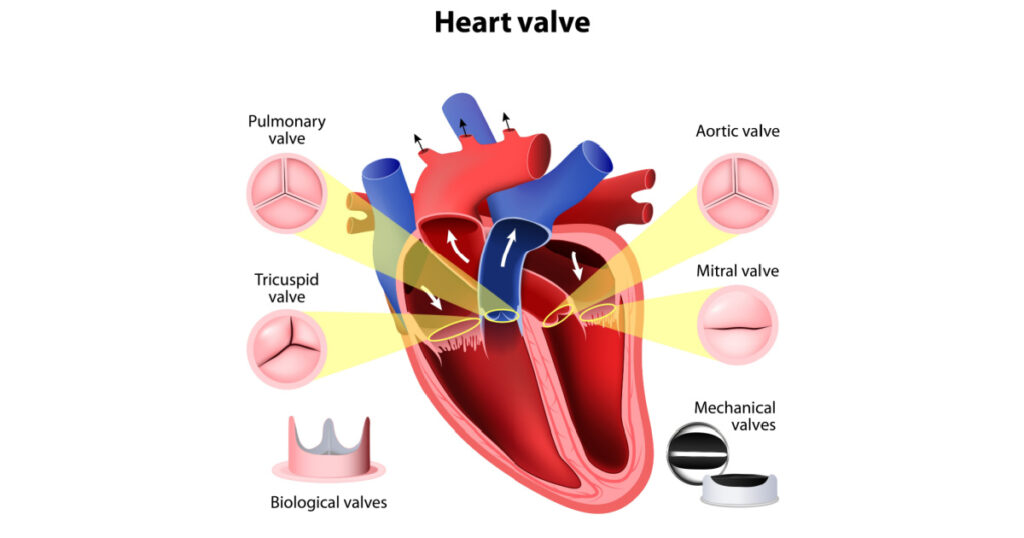
The most common type of Heart Valve Disease is called aortic stenosis (AS). AS occurs when the aortic valve narrows and does not open properly, causing blood flow through the valve to slow down. The left ventricle has to work harder to pump blood through this narrowed opening, making it less efficient at pumping blood throughout your body (especially your legs). (3)
Other kinds of HVD include mitral valve prolapse, which occurs when the heart’s mitral valve doesn’t close properly and allows blood to leak back into the left atrium. Aortic regurgitation occurs when the aortic valve does not close properly and allows blood to flow back into the left ventricle. This can lead to symptoms such as fatigue and shortness of breath. The Difference Between AS and AR When you have aortic stenosis (AS), your heart’s aortic valve doesn’t open fully or properly, causing blood flow through it to slow down or become blocked entirely.
8 Symptoms of Heart Valve Disease
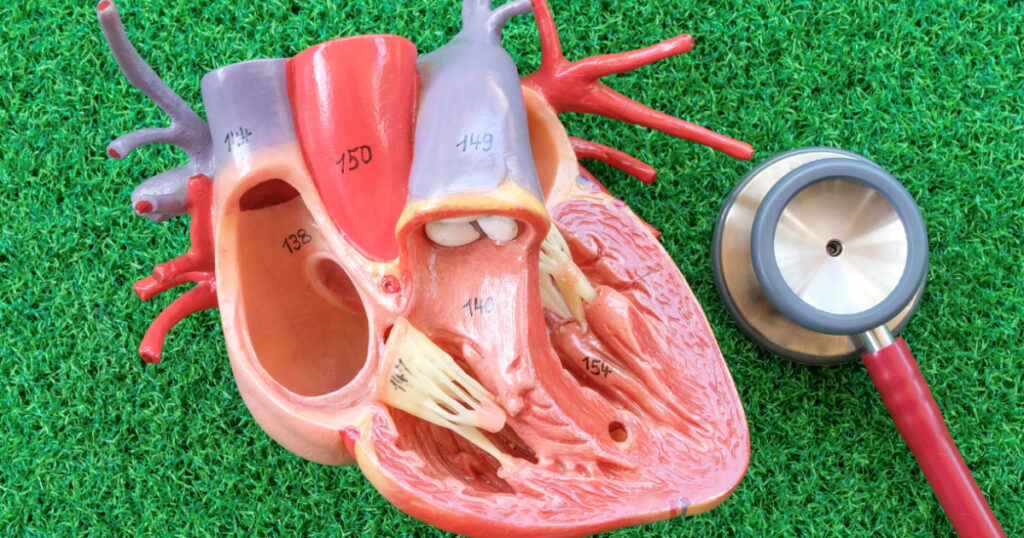
If you think you have any of these symptoms, speak with your healthcare provider to be tested for HVD. HVD has several symptoms to watch out for. These are:
- Heart murmur (a wooshing sound heard by your doctor through a stethoscope)
- Chest pain
- Abdominal swelling
- Fatigue
- shortness of breath both when active and lying down
- swelling of ankles and feet
- Dizziness and fainting
- Irregular heartbeat
Read: Heart Disease: 10 Warning Signs that Appear On Your Skin
Treatment for Heart Valve Disease
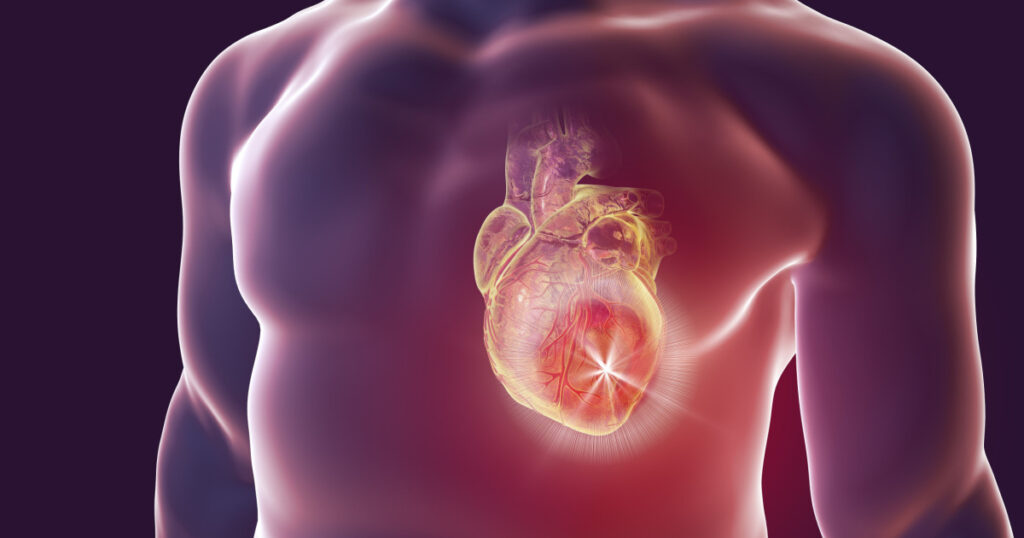
If your doctor thinks you have HVD, he or she will order a series of tests to better understand what type of valve disease you have and how severe it is. These tests may include (4):
- Blood work
- Echocardiogram (an ultrasound test that uses sound waves to create images of the heart)
- Chest X-ray
- Cardiac catheterization (a procedure in which a thin, flexible tube is inserted into an artery or vein) measures pressure and looks for other problems.
- Coronary angiography (an X-ray test that uses a dye to show the inside of your blood vessels)
Read: Stress Can Cause a Cardiac Event that Resembles a Heart Attack
Tailoring Treatment
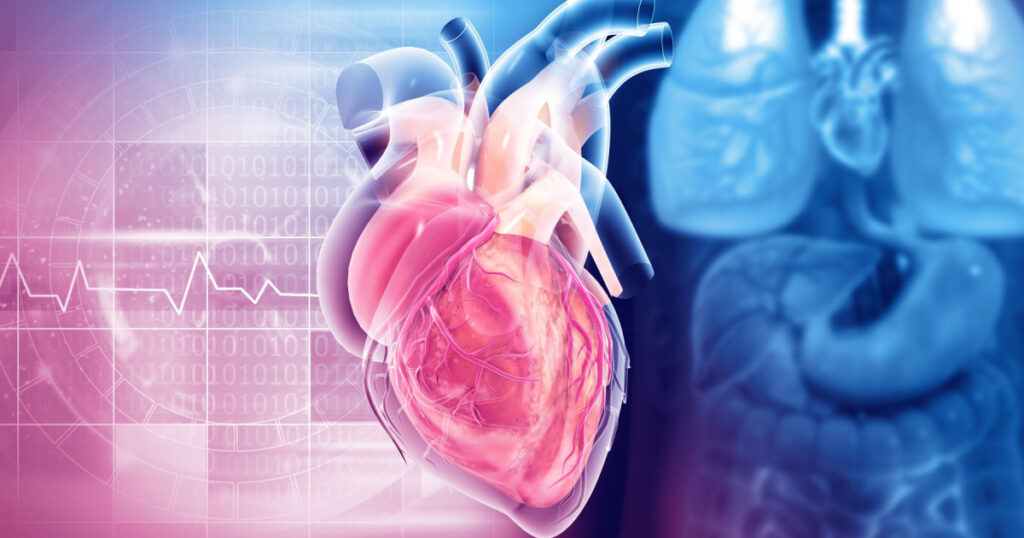
Once the type of HVD is determined, treatment is tailored to your individual needs. Treatment may include:
- Medications (such as antiviral drugs)
- Surgery (to repair a defect in the heart valve)
- Lifestyle changes
Again, if you think you have any of these symptoms, talk to your healthcare provider. This is especially if you have a family history of heart problems. The sooner heart problems are detected and treated, the better off you will
Keep Reading: Heart Health: 6 Foods Cardiologists Try to Avoid
Sources
- “Heart valve disease.” Mayo Clinic
- “Overview of Cardiac Valvular Disorders.” Merck Manuals. Guy P. Armstrong.
- “Symptoms of Heart Valve Disease.” Heart
